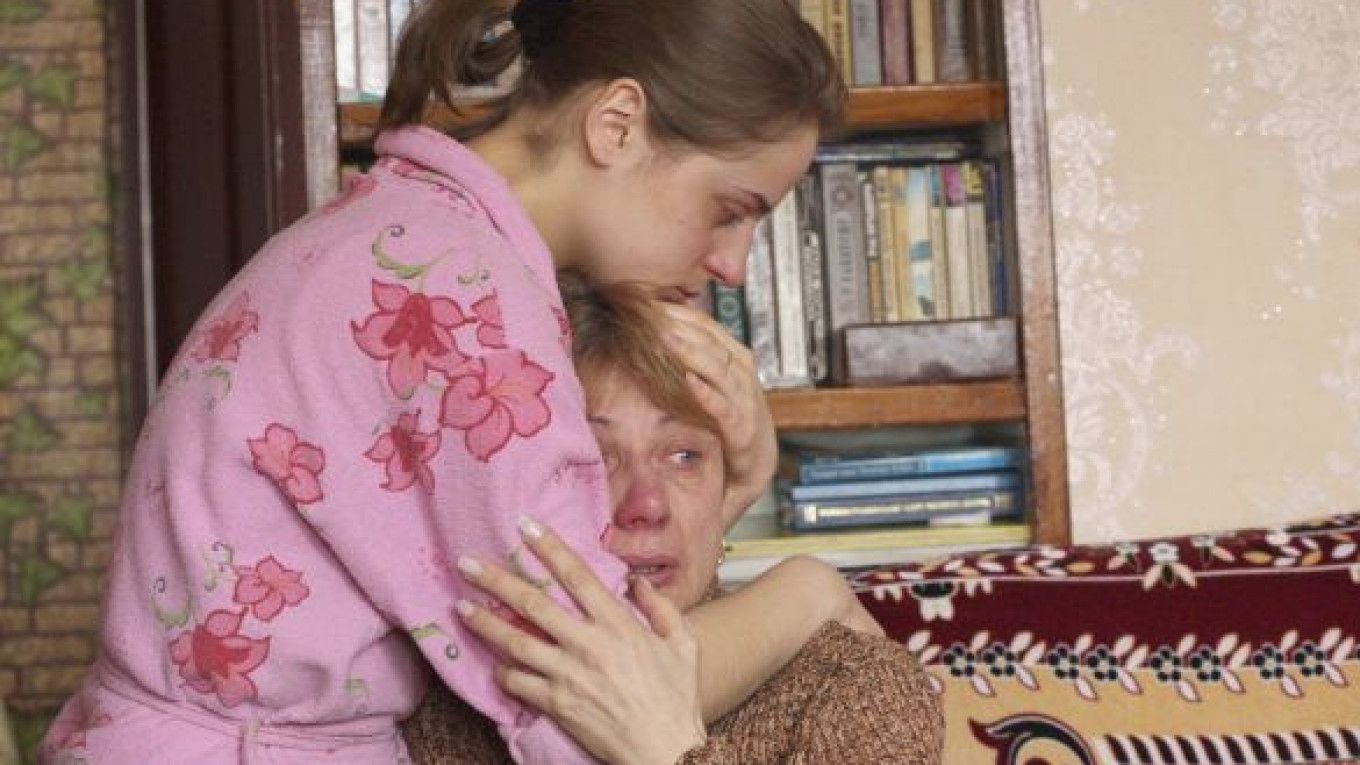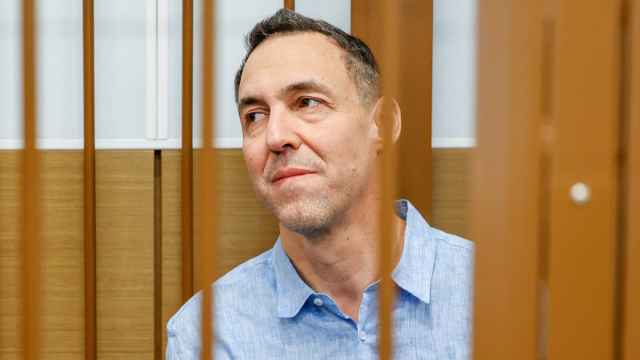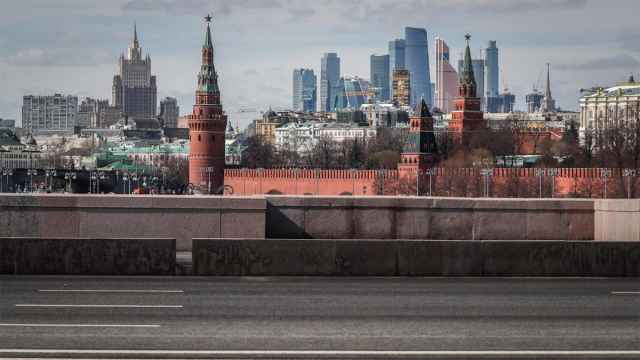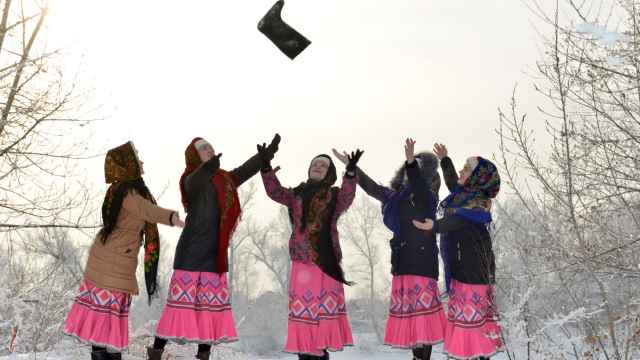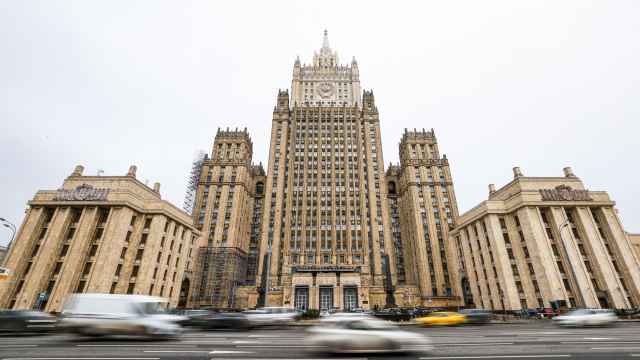MINSK — Two men convicted of carrying out a deadly subway bombing last year in Belarus' capital have been executed, drawing strong condemnation from activists and the European Union.
The mother of one of the two 26-year-olds said she had received official notification of the execution of her son, Vladislav Kovalyov. State television reported late Saturday that both Kovalyov and Dmitry Konovalov had been put to death, which in Belarus is done with a shot to the back of the head.
Human rights activists condemned the hasty executions, saying they deprived society of the opportunity to learn the truth.
"The government was in a rush to throw a white shroud over all the contradictions and discrepancies in the case," activist Lyudmila Gryaznova said Sunday. "The execution of the so-called terrorists, whose guilt remains under suspicion, gives the appearance that the government is concealing the traces of the crime."
The men were convicted in November of planting a bomb in Minsk's busiest subway station that killed 15 people and wounded more than 300 in April.
Konovalov had acknowledged his guilt. Investigators said Kovalyov was aware of the plans to bomb the subway, but he insisted that he did not take part and pleaded not guilty. Their defense lawyers said the evidence presented in court was circumstantial and inconclusive.
Critics of President Alexander Lukashenko accused his government of staging the bombing to divert attention from the worst economic crisis in the country's post-Soviet history.
Belarussians angered by the executions came to lay flowers or light candles outside the subway station on Sunday.
"The government shot these boys so quickly that I have even more doubts about their guilt," said Tatyana Snezhinskaya, a 42-year-old teacher, who was among those laying flowers. "The death penalty should be abolished. We should not take the lives of people, especially of those who might be the victims of judicial errors or political orders."
Flowers were also laid outside Belarus' embassy in Moscow, where someone had placed a sign with photographs of the two men and the words: "They were killed on Lukashenko's whim."
European Union foreign policy chief Catherine Ashton is "aware of the terrible crimes that these two men were accused of and her thoughts are with the victims and their families," her spokesman said in a statement.
"At the same time, the high representative notes that the two accused were not accorded due process, including the right to defend themselves."
Lukashenko last week ignored appeals from Ashton and others for clemency.
The time and place of executions in Belarus are kept secret. Relatives of those executed are notified afterward, if at all, and are not told where the bodies are buried.
Belarus is the only country in Europe that still puts people to death, and rights activists claim that around 400 people have been executed since the 1991 Soviet collapse.
Belarus' first post-Soviet leader said border guards prevented him from leaving the country on Sunday by removing him from a train bound for the capital of neighboring Lithuania.
Stanislav Shushkevich is the latest critic of Lukashenko to discover that he has been barred from foreign travel. In recent weeks, opposition leaders, human rights activists and prominent journalists have had their travel plans scuppered.
A Message from The Moscow Times:
Dear readers,
We are facing unprecedented challenges. Russia's Prosecutor General's Office has designated The Moscow Times as an "undesirable" organization, criminalizing our work and putting our staff at risk of prosecution. This follows our earlier unjust labeling as a "foreign agent."
These actions are direct attempts to silence independent journalism in Russia. The authorities claim our work "discredits the decisions of the Russian leadership." We see things differently: we strive to provide accurate, unbiased reporting on Russia.
We, the journalists of The Moscow Times, refuse to be silenced. But to continue our work, we need your help.
Your support, no matter how small, makes a world of difference. If you can, please support us monthly starting from just $2. It's quick to set up, and every contribution makes a significant impact.
By supporting The Moscow Times, you're defending open, independent journalism in the face of repression. Thank you for standing with us.
Remind me later.


